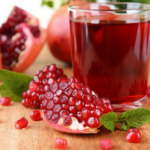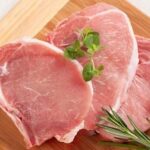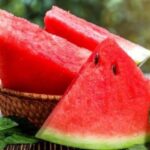Lard, a familiar traditional ingredient, or vegetable oil, a modern industrial product – which is truly healthier?
1. Lard: A Traditional Choice
Pros:
Lard contains a significant amount of saturated fat and monounsaturated fat, providing a good energy source. It also naturally contains vitamin D, beneficial for bone health, especially when sourced from pasture-raised pigs.
Foods fried or sautéed in lard often have a more appealing aroma and richer flavor compared to those cooked in vegetable oil.
Additionally, lard has a high smoke point, preventing dishes from burning and retaining the best flavor.
Lard is a source of vitamin D, crucial for bone and immune health.
Compared to many premium vegetable oils, lard is usually more affordable, making it a budget-friendly option for many families.
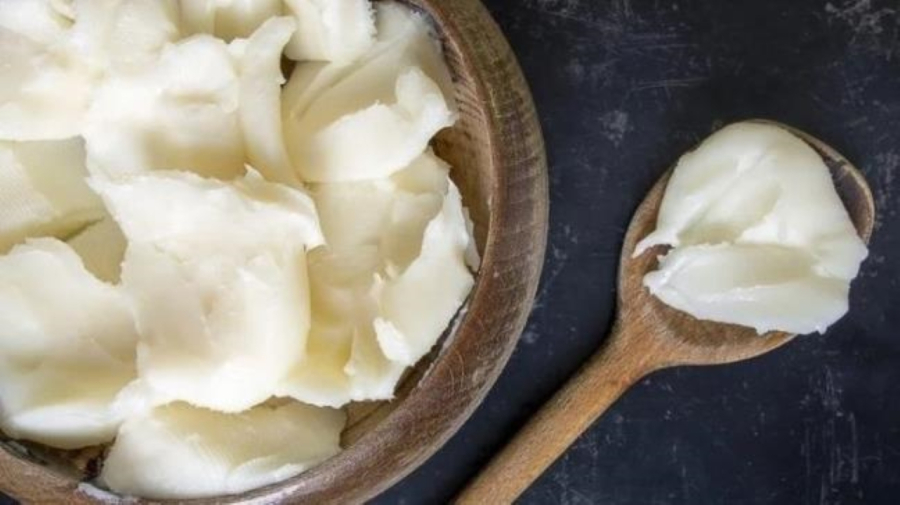
The distinctive flavor and aroma of lard make it a preferred choice for frying and sautéing.
Cons:
Excessive consumption of lard may lead to increased levels of bad cholesterol (LDL) in the blood, potentially raising the risk of cardiovascular disease.
Individuals with a history of hypertension, obesity, or diabetes should limit their intake of animal fats.
Due to its complex structure, lard might be harder to digest than some vegetable oils. Improper storage can cause lard to turn rancid, resulting in an unpleasant odor and potential food safety issues.
2. Vegetable Oil: The Modern Alternative
Pros:
Vegetable oils, especially those derived from plants like olives, canola, and sunflower, are rich in polyunsaturated and monounsaturated fats. These fats are known to be beneficial for heart health, helping to lower bad cholesterol (LDL) and raise good cholesterol (HDL) levels.
Certain oils, such as olive oil, contain antioxidants that offer anti-inflammatory and cell-protective benefits.
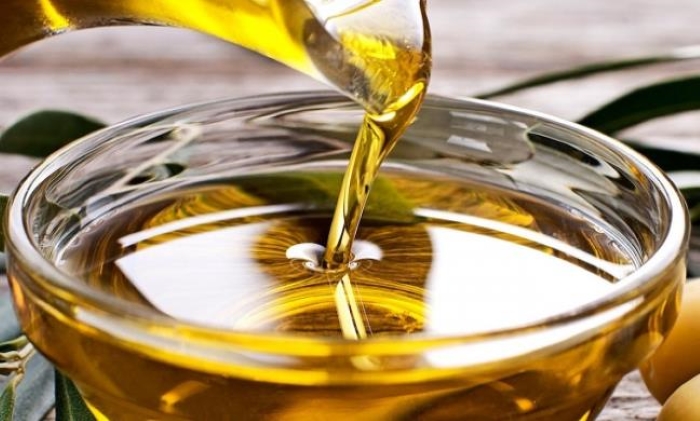
Vegetable oils are a heart-healthy choice, helping to lower bad cholesterol and increase good cholesterol levels.
Cons:
Not all vegetable oils are created equal. Industrially processed oils, those containing preservatives, or oils reused multiple times, can produce harmful substances, posing a risk to health. Additionally, vegetable oils are not suitable for high-temperature frying due to the potential formation of carcinogenic compounds.
3. Expert Recommendations
Flexible Combination: Neither lard nor vegetable oil should be completely avoided. Consider using lard for high-temperature frying and sautéing, while reserving vegetable oils for lighter cooking methods like mixing, steaming, or light frying.
Quality Oil Selection: Opt for cold-pressed, unrefined oils, and minimize the use of repeatedly heated oils.
Both lard and vegetable oil have their unique roles in cuisine and nutrition. The key lies in using them appropriately and in moderation to maintain long-term health. Always choose clean, high-quality ingredients that align with your family’s nutritional needs.


























